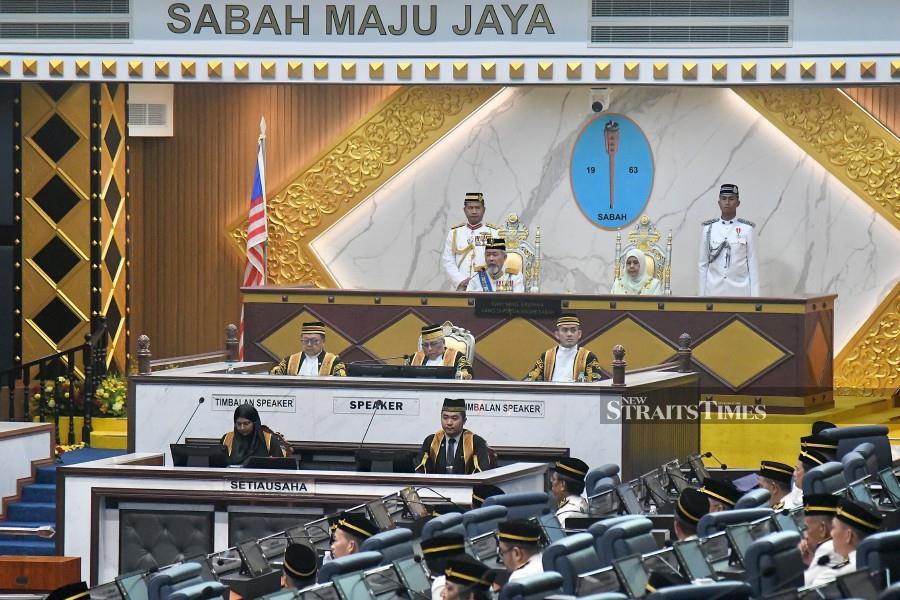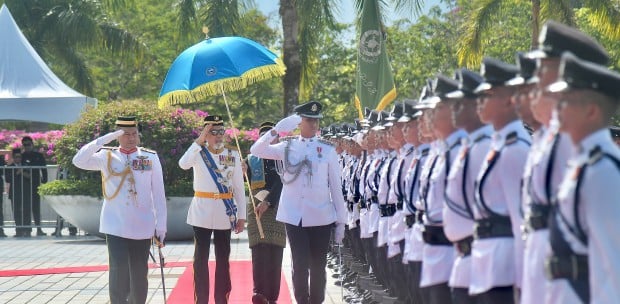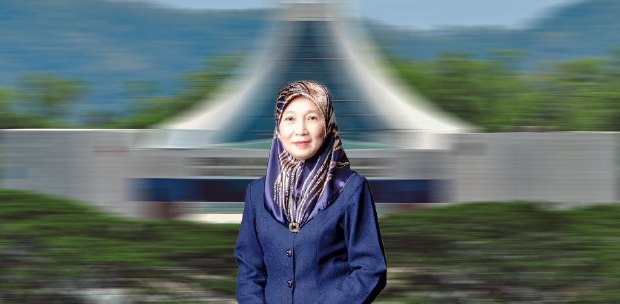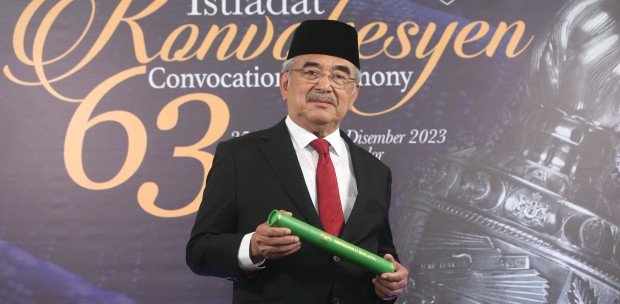KOTA KINABALU: Sabah Yang Dipertua Negeri, Tun Juhar Mahiruddin, delivered a 83-point speech earlier this week during the opening of the 5th Session of the 16th Sabah State Legislative Assembly.
His speech charts the direction Sabah hopes to be, highlighting a worklist to be executed for progress and prosperity.
It will guide the State government, cabinet members and policy makers from all sides this year, unless election is called before the term ends in 2025.
In his near two-hour deliberation, Juhar made a rallying call for all in the assembly, including the civil service, to stay focused in delivering policies and projects more efficiently and effectively for the sake of the people.
"Sabah is a state rich with natural resources and surrounded by a picturesque environment. The state is also blessed a multi racial society that is united and ready to rise in the face obstacles such as the Covid-19 pandemic that has caused despair to the economy," he said.
"This year will be important for the government to ensure all initiatives and programmes, as well as development projects planned under the 12th Malaysia Plan, are executed efficiently and effectively."
The key points Juhar deliberated include:
- Strengthening the agricultural sector and food security.
- Revitalise the manufacturing sector.
- Empowering the tourism industry.
- Intensify infrastructure the development of infrastructure, utility and communication network.
- Realigning the Sabah development corridor.
- Empowering human capital development.
- Consolidating public service delivery.
- Strengthening governance, integrity and anti-corruption management
- Digitalising the government.
- Ending poverty.
- Improve public welfare.
- Healthier society through sports.
- Preserving culture and ethnicity.
- Preserving the natural surrounding.
- Improving sustainable forest management.
- Land administration management efficiency.
- Solidify state revenue collection.






